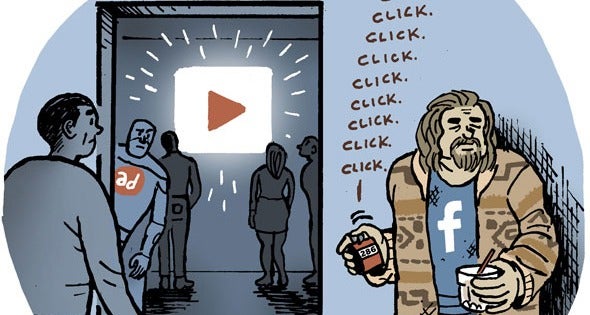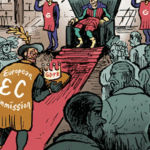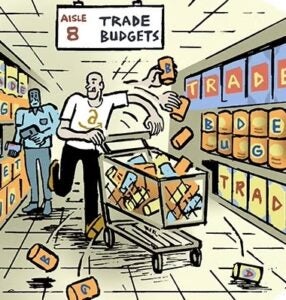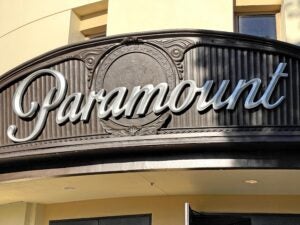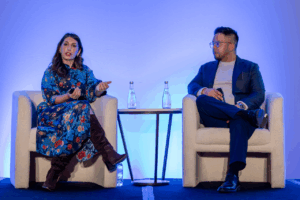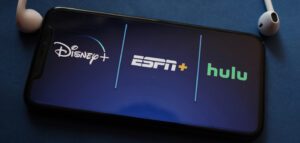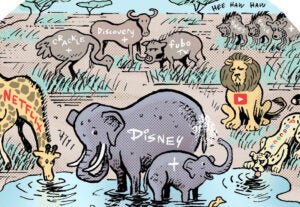Facebook admitted additional measurement errors Wednesday, along with policy and organizational changes meant to narrow the trust gap between marketers and the mobile world’s leading ad platform.
The news comes less than two months after Facebook disclosed that it had been overstating video engagement results, prompting backlash from agencies and concern from other digital media companies that flagging trust in Facebook would negatively affect the broader digital marketing ecosystem.
The metric failures uncovered this week include miscalculating the organic reach of brand posts by failing to deduplicate repeat readers and overreporting the average time users spent reading Instant Articles by 7-8% since August 2015, Facebook said in a blog post.
Moat, one of Facebook’s third-party measurement partners, also identified a video-uploading bug that resulted in Facebook miscalculating complete views.
The changes and the metrics misses will have little to no effect on Facebook’s billing, ad rates or business standing, according to an investor response from Peter Stabler, senior internet and ad equity analyst for Wells Fargo.
“We believe these errors are not material to our investment thesis as they represent only a small fraction of the data used in marketer analysis,” he said, “and we note that the revised video completion metric (the most important of the group, in our view) should actually yield better results.”
Agencies echoed the idea that Facebook’s newest metrics disclosure won’t put a damper on its ad business.
Industry outcry can mask how Facebook is held to a higher standard than other marketing channels because of its measurability, said Orli LeWinter, senior VP of strategy and social media at the Dentsu Aegis agency 360i. And since Facebook is constantly adapting, every tweak it makes may have an impact on metrics.
“This is why we consistently review and update how we look at measurement,” LeWinter said. “This isn’t a ‘new’ thing for us.”
AdExchanger Daily
Get our editors’ roundup delivered to your inbox every weekday.
Daily Roundup
Beyond fixing the identified errors, Facebook also committed to more transparency and third-party verification.
“We’re now exploring additional third-party reviews to validate the reporting we offer partners,” Facebook wrote.
The platform will also draw on industry executives to form a Measurement Council, akin to the Client Council that Facebook created in 2011 to sync marketer priorities with the product development process.
Tangible changes, however, are limited. Existing viewability measurement partners Moat, Integral Ad Science and comScore will be able to integrate with Facebook to verify display impression data, while Nielsen’s solution for Facebook publishers will expand to cover video and Facebook Live viewership numbers.
“We’re encouraged Facebook is clarifying metrics and seeking input from customers,” a GroupM spokesperson said. “Today’s developments stop short of full third-party measurement, which we still believe crucial to advertiser confidence in any market.”
Give credit where due to Facebook for its self-examination, said Integral Ad Science CEO Scott Knoll.
“They were quick to come forward with their own findings and from the first they’ve been very proactive,” he said.
Knoll said not to expect any sudden, drastic changes from Facebook – at least nothing that would shake its position as a walled garden. “[But] if you take a longer view here, it’s clear there’s a natural evolution underway toward more agnostic measurability for marketers,” he said.
Two years ago, industry stakeholders hardly even discussed viewability and measurement concerns, Knoll said.
“Platforms and walled gardens understand marketers don’t want to be in a position where someone [on their media plan] is grading their own homework,” he said. “We’ve come a long way on that even if it isn’t obvious on a day-to-day basis.”


